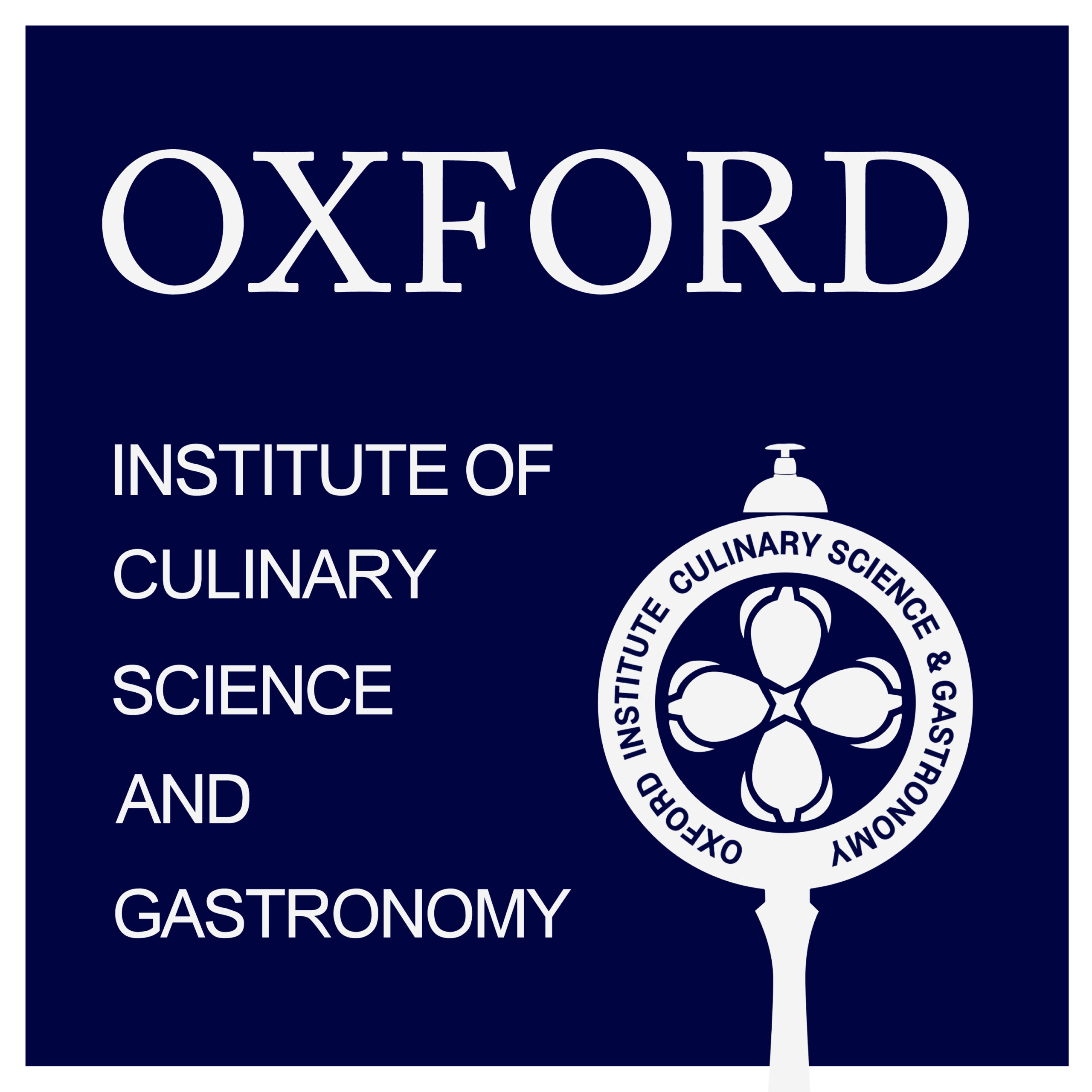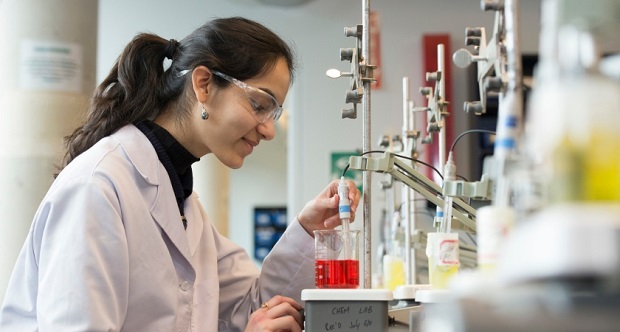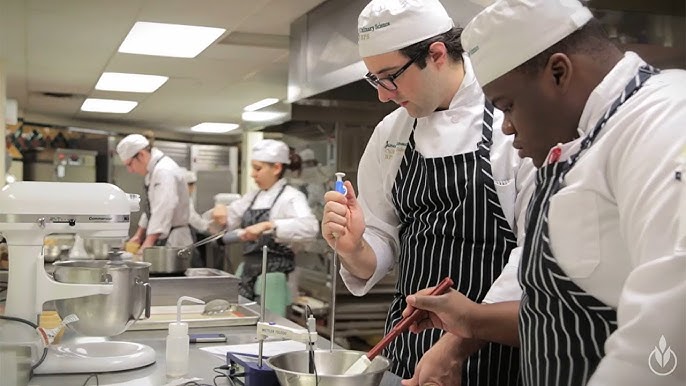Bachelor in Food Science & Innovation
Oxford Institute of Culinary Science & Gastronomy – Year Three Curriculum
Overview:
Year Three advances students’ expertise in food science by integrating innovation, product development, and research skills. Emphasis is placed on sustainable practices, novel food technologies, and leadership in food R&D. Students engage in complex projects, innovation labs, and extended internships preparing them for senior roles in the food industry or further academic study.
| Section | Description |
|---|---|
| Program Title | Bachelor in Food Science & Innovation |
| Duration | 2 Terms (12 months: 6 months theory + 6 months practicum) |
| Format | Hybrid (Online, On-Campus Labs, Workshops, Innovation Projects, Internship) |
| Level | Year 3 / Advanced – Food Innovation & R&D |
| Certification | Bachelor Degree from Oxford Institute |
| Prerequisite | Completion of Year 2 Associate Degree |
| Outcome | Eligible for Year 4: Master in Advanced Food Technology & Safety |
Term 1 — Weekly Curriculum (12 Weeks)
| Week | Module Title | Topics Covered |
|---|---|---|
| 1 | Innovation in Food Science | Emerging trends, design thinking, product lifecycle management |
| 2 | Advanced Food Chemistry | Food additives, preservatives, antioxidants |
| 3 | Novel Food Technologies | 3D food printing, nano-encapsulation, bioprocessing |
| 4 | Food Safety & Risk Analysis | Advanced HACCP, allergen management, crisis response |
| 5 | Sustainable Food Systems | Alternative proteins, circular economy, carbon footprint |
| 6 | Food Entrepreneurship | Business models, market analysis, funding strategies |
| 7 | Sensory & Consumer Science | Consumer behavior, preference mapping, sensory innovation |
| 8 | Food Engineering & Automation | Process automation, robotics, smart manufacturing |
| 9 | Intellectual Property | Patents, trademarks, licensing in food tech |
| 10 | Research Methods | Advanced statistical techniques, experimental design |
| 11 | Innovation Lab | Prototype development, rapid iteration, sensory trials |
| 12 | Term Review & Assessment | Written exam, project proposal presentations |
Term 1 Learning Outcomes
Lead innovation processes in food science and technology
Develop and optimize novel food products and technologies
Manage food safety and quality risks effectively
Understand sustainability challenges and solutions in food systems
Term 2 — Internship & Innovation Project (12–14 Weeks)
Internship Placement
| Section | Description |
|---|---|
| Duration | Minimum 150 hours |
| Settings | Food innovation labs, R&D departments, food startups, regulatory agencies |
| Activities | Product development, pilot testing, market research |
| Requirements | Weekly logs, mentor evaluations, reflective journals, attendance records |
Innovation Project
| Section | Description |
|---|---|
| Topic | Product or process innovation related to sustainability, safety, or new technologies |
| Methodology | Experimental research, consumer testing, data analysis |
| Report | 3500–4000 words with visuals, data analysis, and market assessment |
| Presentation | 20-minute oral or recorded presentation with prototype demonstration |
| Portfolio | Comprehensive project report + internship log + innovation documentation |
Term 2 Learning Outcomes
Apply advanced research and innovation skills in real-world food industry contexts
Conduct consumer and sensory testing to validate new food products
Communicate findings and innovations to diverse stakeholders
Demonstrate professional leadership in innovation projects
Final Certification (Year 3)
Bachelor Degree in Food Science & Innovation
Official Transcript with Module Grades
Internship Completion Letter (Mentor Signed)
WRID™ Certification Code (optional)



